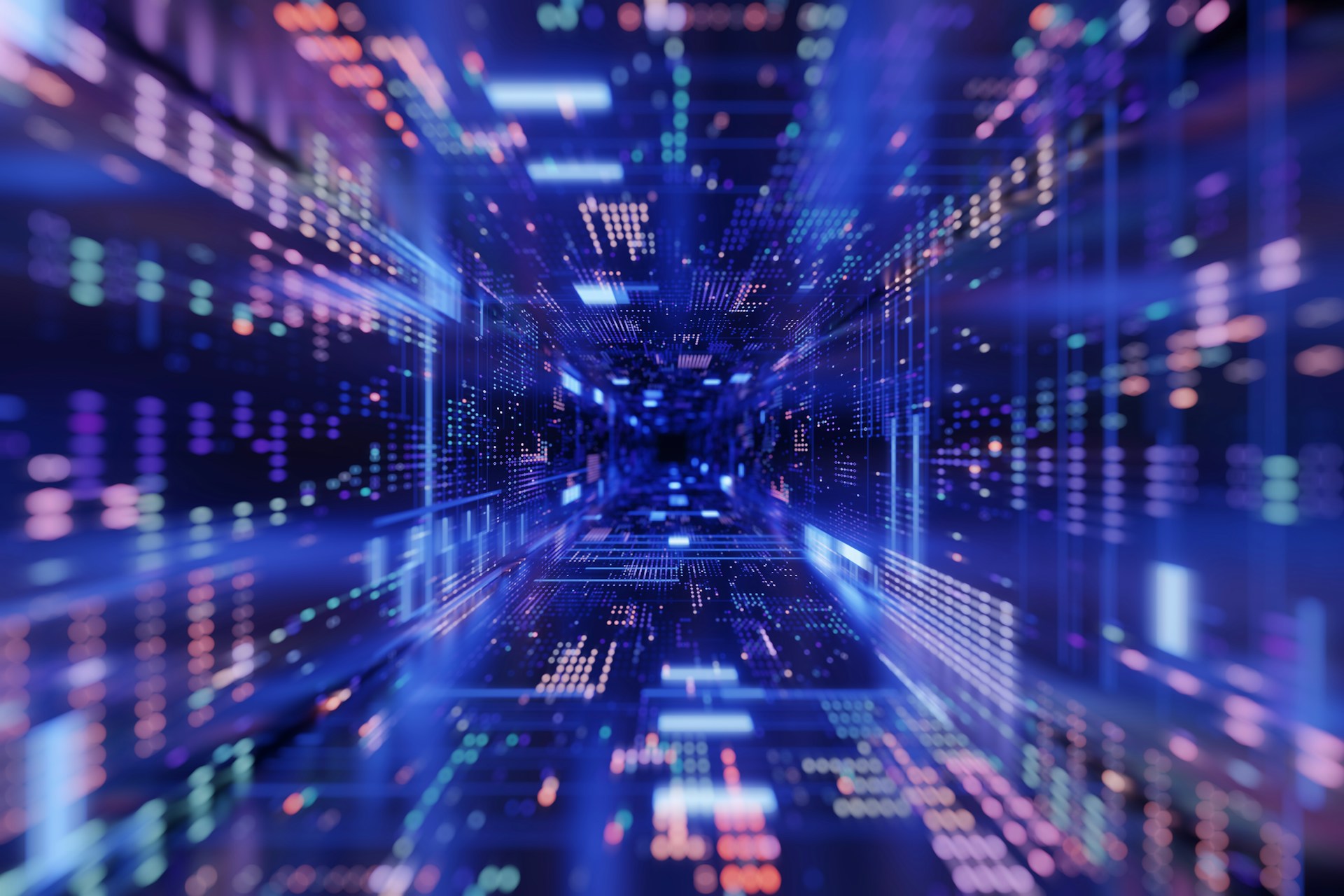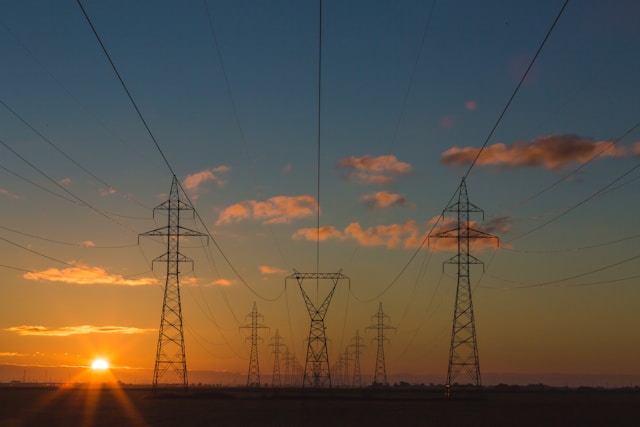
AI in nuclear
With the fourth industrial revolution currently taking place around the world, AI is on everyone’s lips. Is AI in nuclear technology also a thing? Will we one day see an AI controlling a nuclear reactor? This debate started some time ago. As seen here, the U.S. Department Of Energy published an analysis back in 1985. Right now, the U.S. Nuclear Regulatory Commission is trying to understand where AI and ML are currently being used and what their prospects are in terms of development to create a more secure and stable power grid.
What is AI?
Until a few years ago, when AI was mentioned, many people thought of some American blockbuster like Terminator. Now it is widely accepted in our society what AI is. People are starting to see it every day. Autonomous cars have been popping up in the news as the next big thing in the auto industry alongside electric cars.
The fathers of the field would describe AI as “any task performed by a machine that would have originally required human action.”
Examples of AI applied to the nuclear industry
With the improvement of online monitoring systems for nuclear power plant components and considering the large amount of data to be processed, AI and its subfield ML – machine learning – are extremely useful to support operators’ decisions. With the ability to extract all variables and understand the relationships between different pieces of information, an AI algorithm can improve diagnostics and prognostics, leading to higher plant performance.
Until now, the lifetime of a component is usually estimated by a statistical average. However, with the right algorithm, it will be possible to predict more accurately when a component will fail, which will automatically reduce operation and maintenance costs.
With less human input required, AI and ML can be more responsive, reducing the risk of incidents/accidents and mitigating potential risks to the environment.
What is the limit of AI in terms of ethics?
The big question is: Is the use of AI in nuclear medicine ethical? In nuclear medicine, one mistake can cost a person their life. Should the important decisions be made by an algorithm?
The same idea applies to power generation. What happens if there is a glitch in the algorithm and the plant operator does not have access to some important information?
Innovation is necessary, but it must be well thought out.




